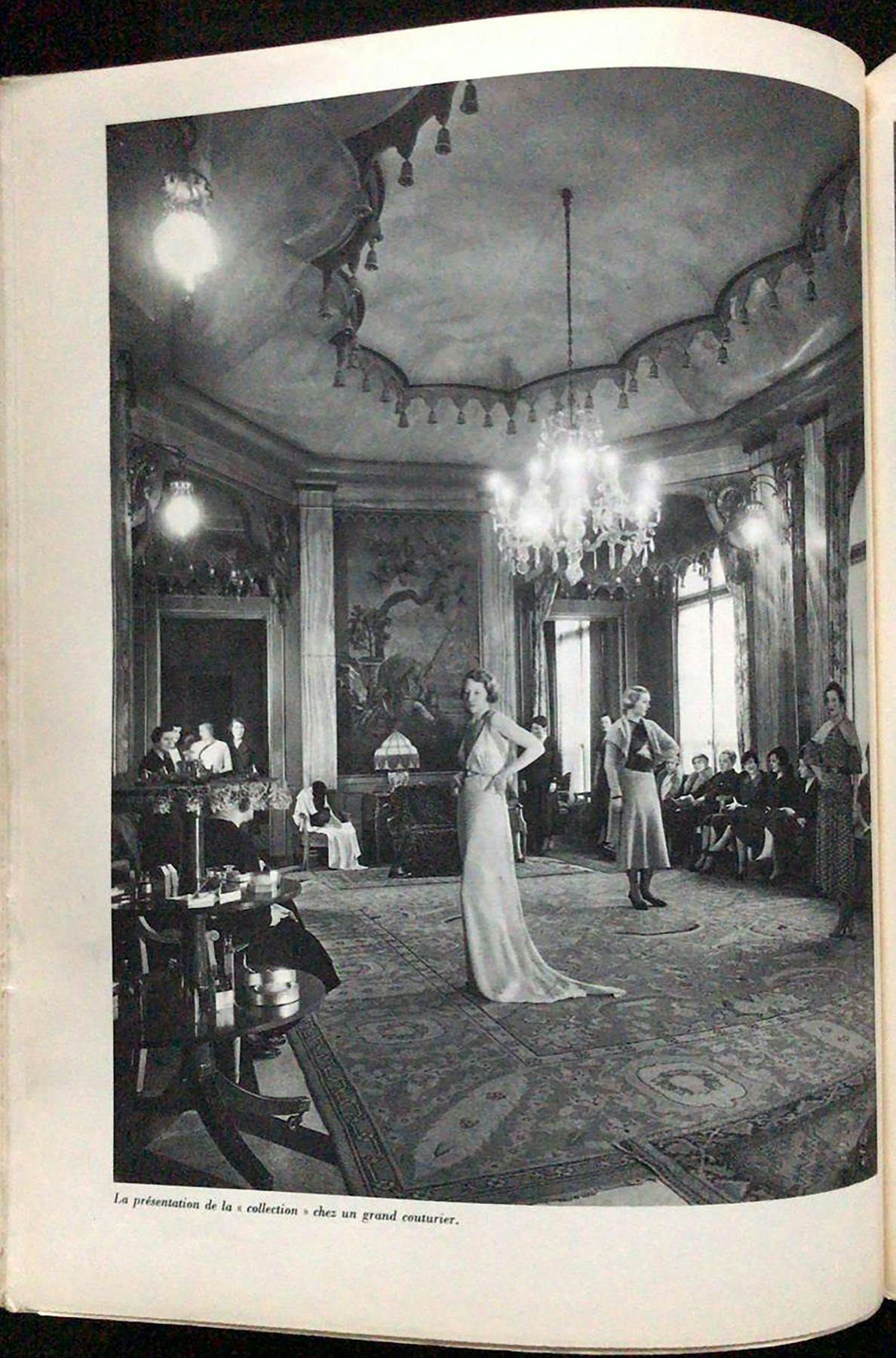Fashion Studies (MA)

In this thesis, I explore the way the symbolic value of the handmade is conveyed and constructed in the Parisian fashion system, examining the representation of les petites mains as a case study. This research evolved from an observation in the resurgence of hand-making values at times of political and economic insecurity. As public awareness of environmental and ethical concerns relating to the fashion industry continues to grow, values of the handmade, such as craftsmanship and heirloom-worthy longevity, are being re-assessed and communicated through visual imagery. Through a visual and textual analysis of media discourse in the Parisian fashion system, I explore the concept of the handmade as a means of communicating intangible values including time, distinction, and quality. I critically analyze the representation of the handmade by examining the makers of the epitome of fashion, Parisian haute couture. By looking at earlier examples of hand labor representation, I gained a better understanding of the current crisis in production. How has the aesthetic of labor in ateliers been constructed and represented? How was this aesthetic used at moments of political and economic insecurity in the valuation of labor?
Haute couture has played a central role in the rise of the French fashion system and continues to exercise social and economic influence. In my thesis, I analyze the visual and textual depictions of les petites mains at work in ateliers in two French sourcesv. First I examine La France Travaille, a 1932 volume from a series of books documenting labor in industries across France. Next I look at a 1940 editorial from a popular French fashion magazine, L'Art et la Mode. These two sources are from the interwar years, a period marked by political and economic instability the Great Depression and widespread labor unrest.
With its incorporation of traditional handcrafts and small-scale production, how can haute couture's representation of labor affect ideas of fashion consumption and production practices? At a time when calls for systemic change in the fashion industry towards sustainable fashion practices continue, this thesis argues that luxury brands can, through creativity, community and 'women's work', unite the ideals of fashion with those of environmental sustainability.